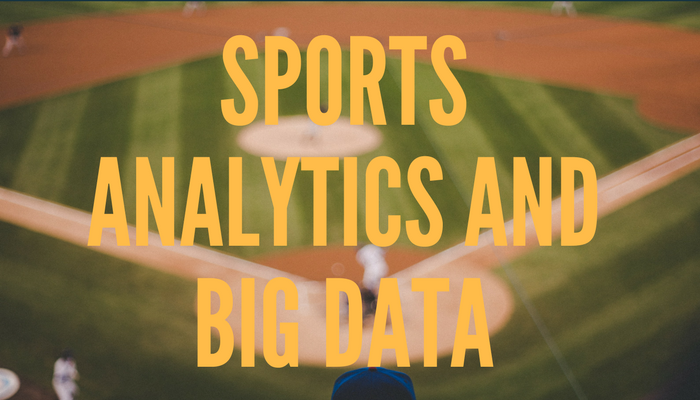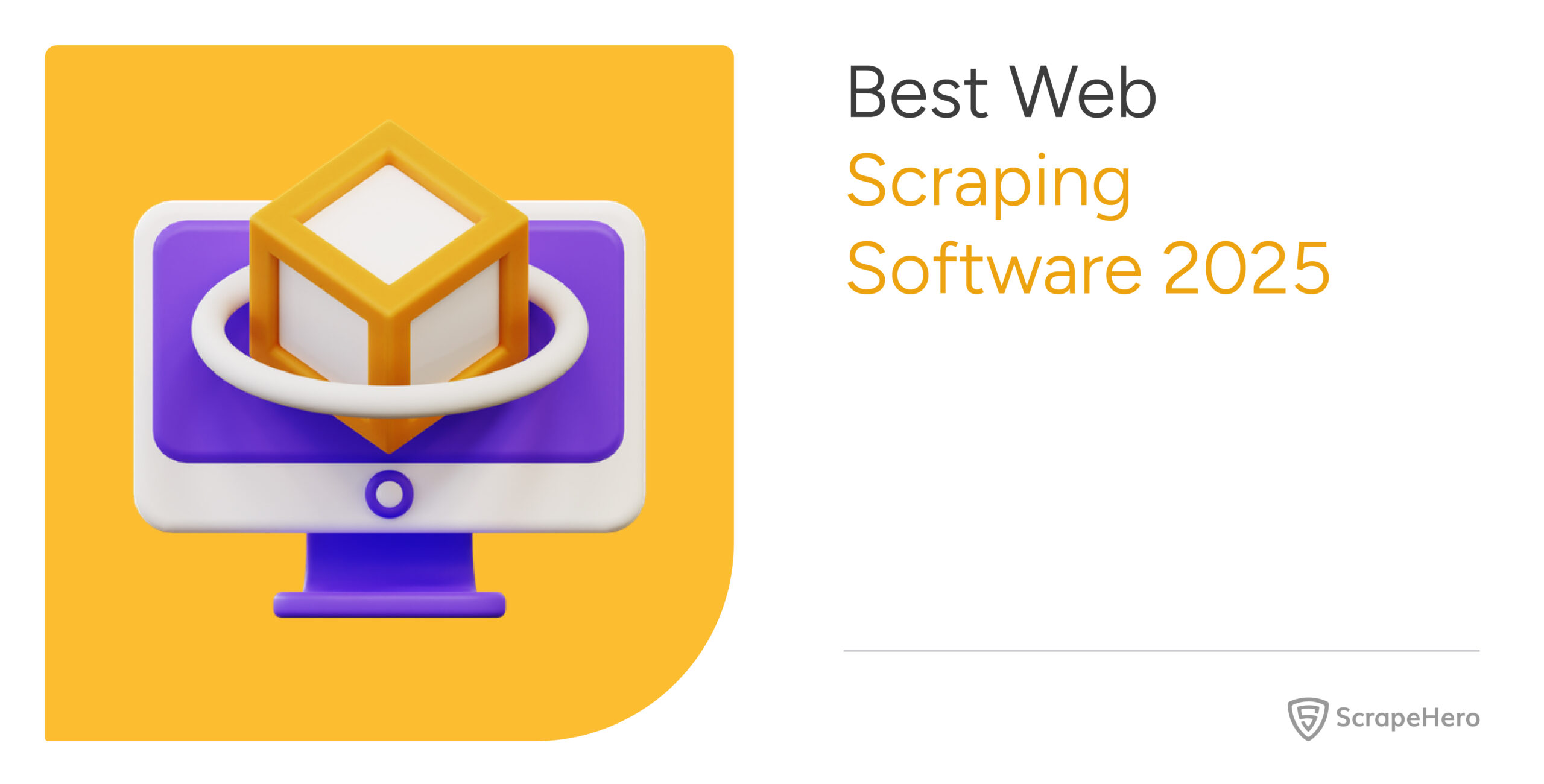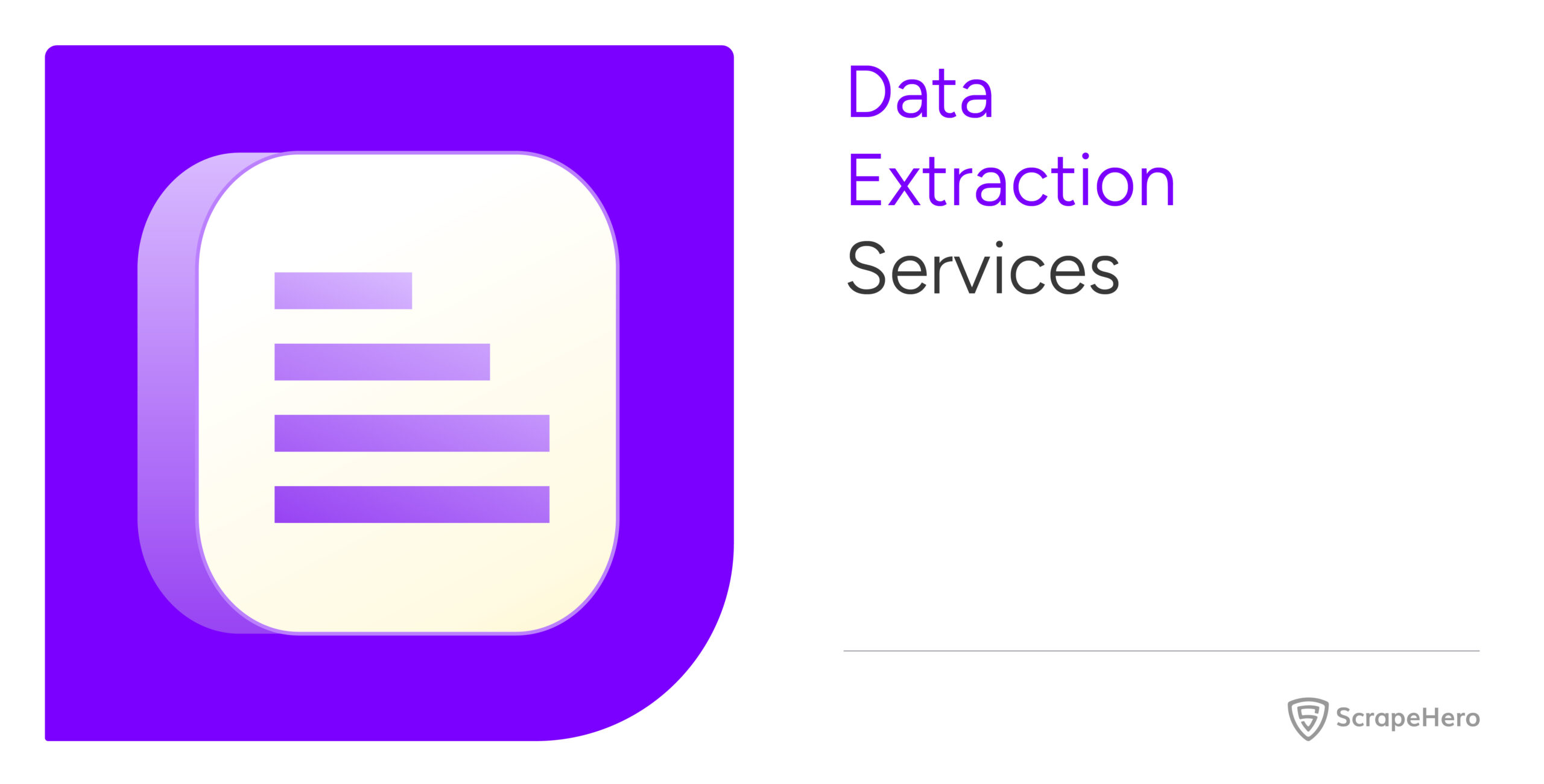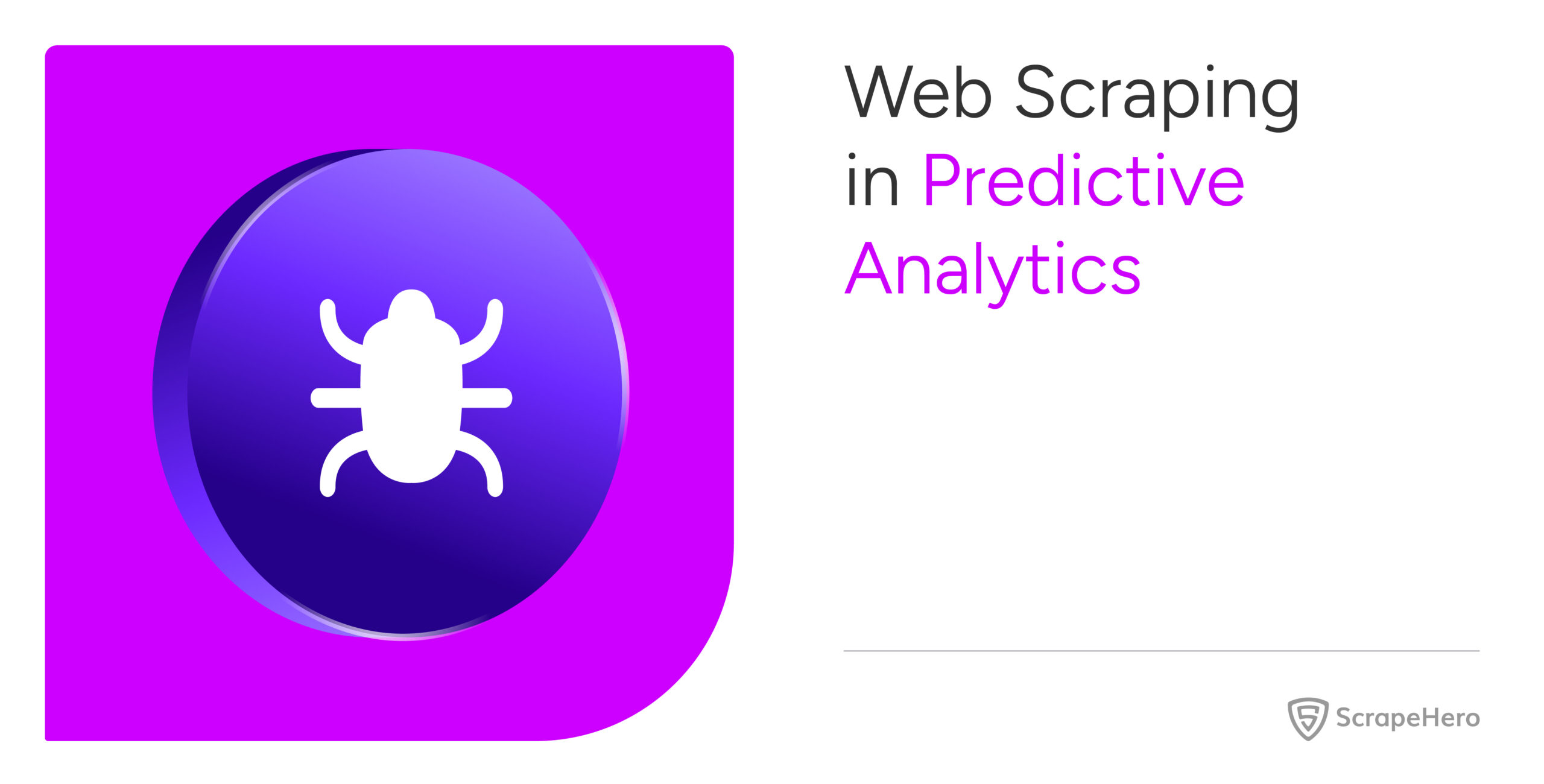The global sports market is huge with its total revenue projected to be around 90 billion dollars in 2017. In sports big data and web scraping is one of the sectors in which data analytics has demonstrated great value and has a great potential with major professional sports teams putting them to use.
It is exciting to see how in sports big data and web scraping is having an effect on the modern sports industry.
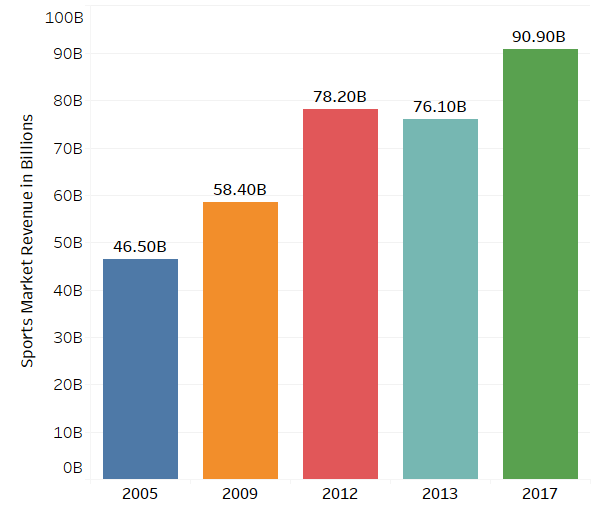
How Big Data is Revolutionizing the Industry
Sports related data is a huge big-data mine. Today, almost all major teams have data analytics experts on staff. Hollywood shone the light on data analytics in the famous Moneyball movie featuring Brad Pitt.
Teams often have to go through notes and hand them over to mathematicians who crunch numbers that managers use to determine which player fits best – when, how, where and how much. All this data creates a comprehensive profile of a player to determine whether a player should be drafted or traded or played on a given day.
Player analytics is a growing trend in professional sports and will have a wider impact on the entire sports industry. Any team that does not apply them to its fullest extent is at a competitive disadvantage. But, it’s not only about the team, but data analytics can also be used to find what fans prefer.
Types of Sports Data
For a vast industry like sports, there are different ways professional sports are using data for their teams.
GPS Tracking – Predicting Outcomes
The Sports industry has become incredibly data driven in the past few years. Companies such as SportsVU are used by basketball teams to track player movements with cameras and sensors set up all across stadiums and games. Player tracking acts like a GPS system for players, which has led to a flood of data for statistical data analysis. The systems gathers information on different aspects of a player such as, movement, speed, mileage, measurement, etc. All these measures are correlated and analyzed to aid in player growth from season to season.
Let’s take a quick look at how Player Tracking is used in basketball. The system considers players on the field and the basketball as moving dots on a screen. The machine knows where players are moving and what move they are expressing, so it can predict what action will be performed next. With all this data, graphs can be plotted to see which players are good at playing offense and defense, their shooting probability and strategies used. This way it’s easier for coaches to come up with outcomes based on numbers rather than a gut instinct.
Connected Stadiums – Keeping Fans Engaged
We have all seen what big data does to sports. Fans clamor for in-depth, real time analysis and sports events deliver information to fans during the live game. This gives fans a better visualization on what occurs while watching the game live. Digital technology is helping to bridge the gap between the on-field physical and off-field experience for fans. Connected stadium technologies such as Levi’s Stadium are becoming more evolved so that fans get connected to information while watching live sports events. Technology has made data to become more accessible and as a result usable.
Wearables – Up close and personal
Sports teams of all kinds are quickly learning how wearable sports technology can improve their team’s performance and save players from injury and illness. Due to the advantages gained by teams and athletes using this technology, it is likely to become a standard for all teams in the future so that players can recuperate faster. Wearables that track biometrics like OptimEye, a device by Catapult sports that tracks athletes’ movements more accurately allows coaches to monitor vitals in real-time. Related softwares fabricate an outline for each player which can create a stress-load limit for a practice or game.
Fantasy Sports – paving a way for Analytics
It’s not only professional sports that’s generating revenue, fantasy sports are making their name as nearly 57 million players are participating in this activity. Big Data has boosted the growth of fantasy sports, a true skill game based on live statistics. FanDuel and Draft Kings, two huge players in this business have partnered with several sports organizations. Extracting data from these websites is a potential avenue to see how players will perform in the future.
Suppose a data analyst needed information about players to create a fantasy team. The data available could be used to build models for the standard performance of players over a period of time. You could also use the data to analyze your rival team such as their play history, past tactics and movements. These data can aid to draft teams or predict the outcomes to a reasonable degree. Reacting to real-time player related data and making adjustments is another use of online data.
Sports Betting – Free markets at work
Online sports is a billion dollar industry that is becoming bigger and bigger everyday. It’s being transformed by Big Data and people are trying to win money by betting on sports. This is because a lot of sports outcomes can be determined by stats. Sites such as SharkScope gather data from millions of poker games daily and give data to players all around the world. Websites such as these are about historical data of players and monitoring the overall performance to make predictions in succeeding games, so there will be plenty of potential for collecting data.
Getting Started
If you love sports and data you must have gone through a lengthy process of looking at multiple websites like NFL or ESPN after every game to collect the data you need to make decisions.
Different websites contain different kinds of data which they feel is relevant to their audience. Data analysts have access to tons of data in the sports market and while extracting data we should know which data is useful, because there are differences between raw data and the actual analytics.
Getting the Right Information
Gathering disparate data from multiple sources gets complex beyond the first couple of sources. Analyzing data becomes much easier if the source data is clean, consistent and accurate.
Data Models
Small data models can be built relatively easier, but they may not be representative or accurate in the long run. For a sector like sports which is dynamic in nature, we need models that are larger, complex but accurate.
How We Can Help
We can help gather any publicly available data from anywhere on the Internet.
In sports big data and web scraping are areas we have worked with it before. As a company, we love discussing options and strategies with our clients. We’re always looking forward to working on exciting projects so let us help you with your exciting journey into the world of sports data.
Here's the best place to start
Turn the Internet into meaningful, structured and usable data
